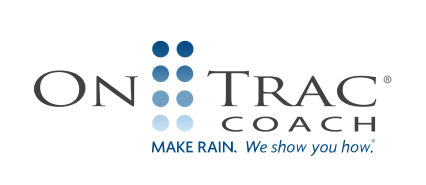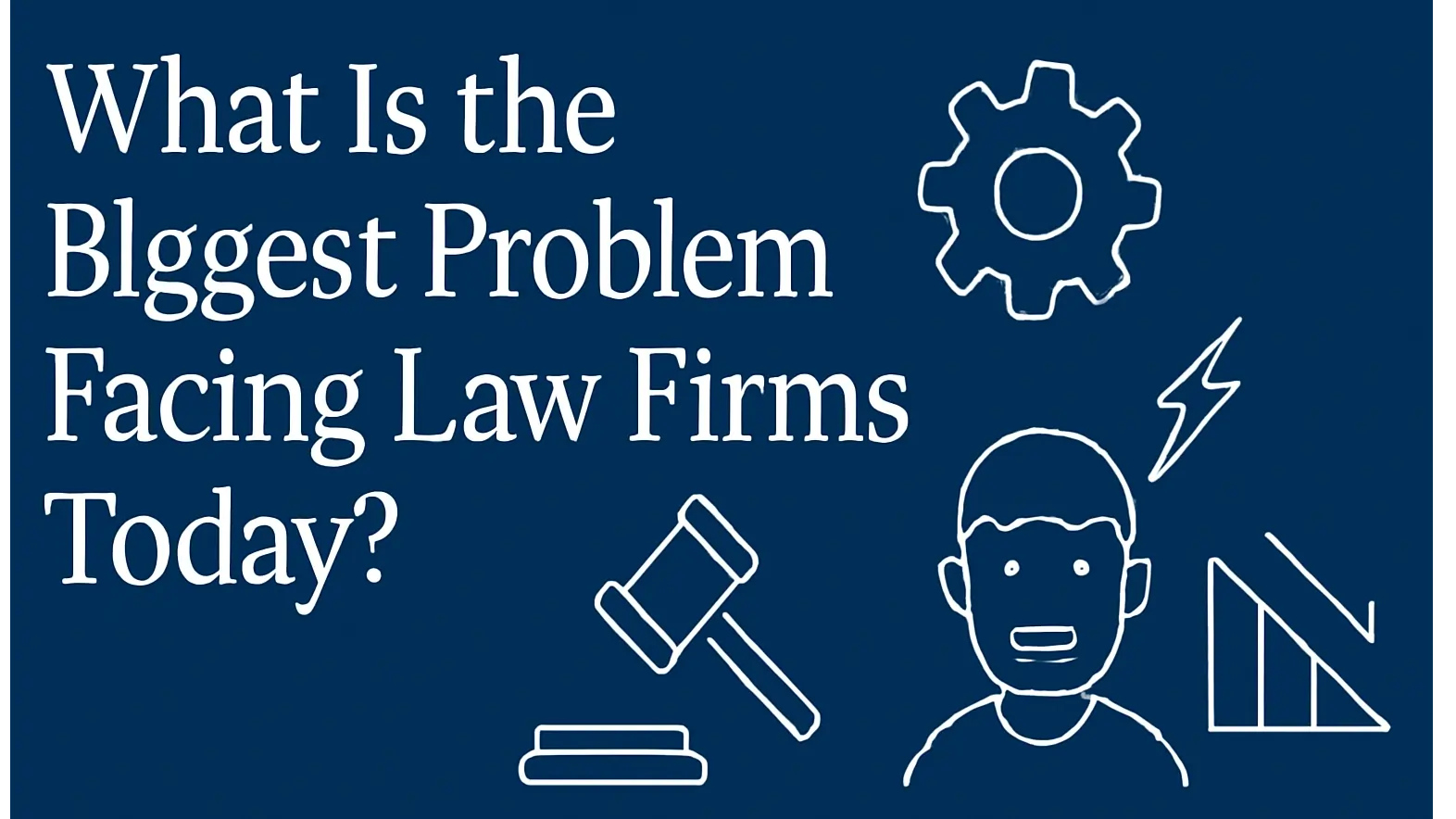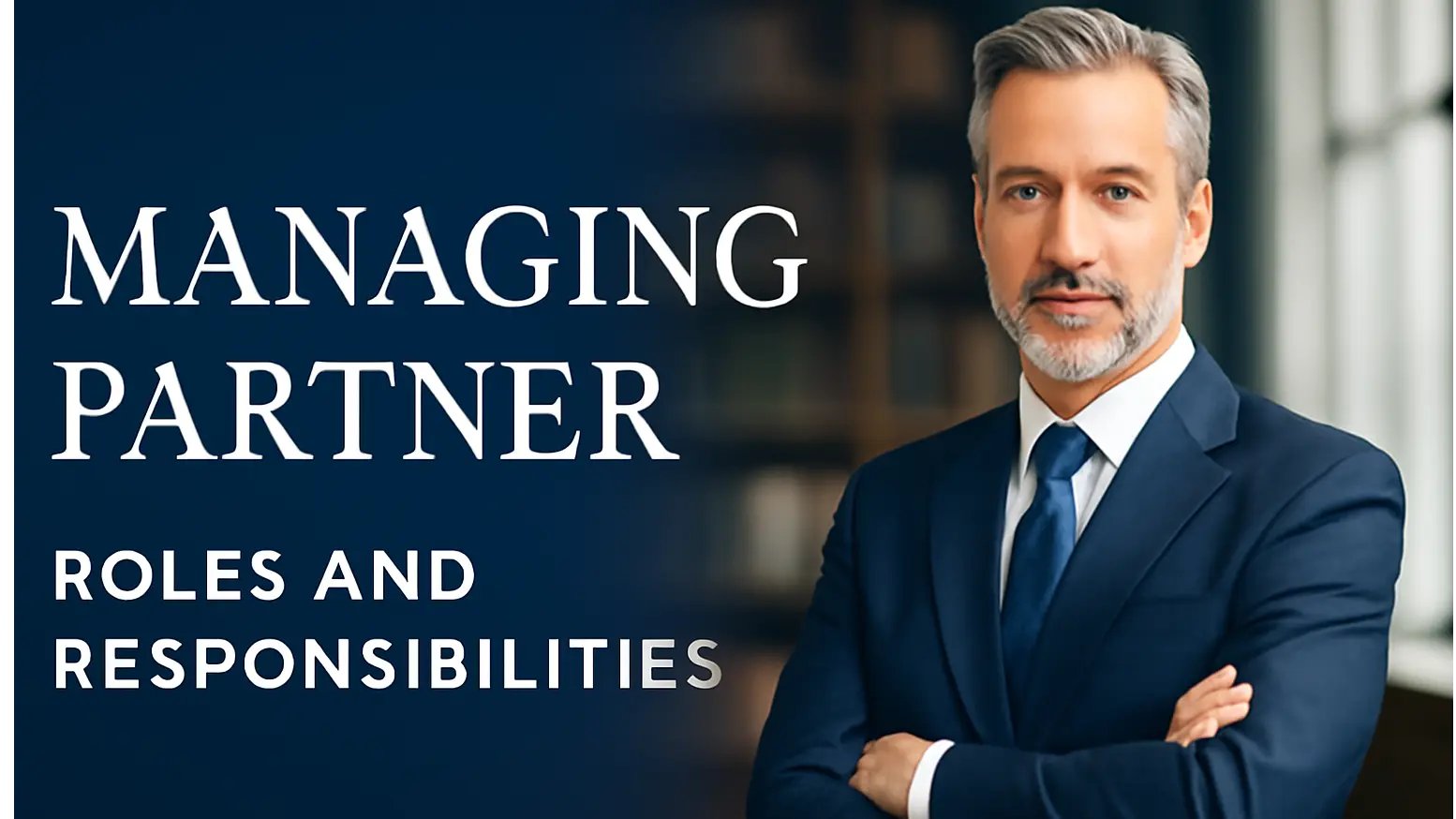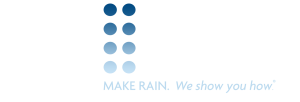As a managing partner or law firm owner, do you find it challenging to navigate all the current generational differences within your team?
In today’s diverse workplace, outstanding leadership hinges on the ability to navigate and harmonize the dynamics of a multigenerational workforce. With up to five generations —Traditionalists, Baby Boomers, Generation X, Millennials and Generation Z — working side by side, leaders face the challenge of managing differing perspectives, values and work styles.
Exceptional leaders recognize that fostering a culture of inclusion, adaptability and mutual respect is key to success in this environment.
Understanding Generational Differences
Each generation brings unique experiences and strengths to the table. Traditionalists (born before 1946) value loyalty and discipline, while Baby Boomers (born between 1946 and 1964) often prioritize hard work and organizational loyalty. Generation X (born 1965-1980) is known for its independence and adaptability, while Millennials (born 1981-1996) seek purpose-driven work and thrive on collaboration. Generation Z (born 1997-2012) is characterized by its embrace of technology and values diversity and flexibility. Leaders must understand these nuances to create strategies that cater to each group’s motivations and expectations.
Strategies For Effective Multigenerational Leadership
- Emphasize communication and collaboration. Open communication is crucial to bridge generational gaps. Leaders should create opportunities for dialogue, encouraging team members to share insights and perspectives. Leveraging multiple communication styles — formal emails for Traditionalists, face-to-face for Baby Boomers, and instant messaging for Millennials and Gen Z — ensures inclusivity.
- Foster a culture of mentorship. A multigenerational workforce thrives when members learn from one another. Leaders can establish mentorship programs that pair experienced employees with younger colleagues, enabling knowledge transfer while fostering mutual respect and collaboration.
- Promote flexibility and personalization. Different generations have varying preferences for work-life balance and job structures. Offering flexible schedules, remote work options and personalized development plans can help meet diverse needs and enhance engagement.
- Encourage lifelong learning. Rapid technological advancements and evolving market demands require continual upskilling. Leaders can champion training programs tailored to the generational preferences of their employees, ensuring that all feel empowered to grow and adapt.
- Recognize and celebrate contributions. Outstanding leaders acknowledge the unique strengths and accomplishments of their team members. Generationally inclusive recognition programs — such as public commendations for Traditionalists and peer-driven platforms for Millennials and Gen Z — can foster a sense of belonging among diverse generations.
Challenges and opportunities
Managing generational diversity isn’t without challenges. Stereotypes and biases can lead to misunderstandings and conflict. leaders must actively address these issues by fostering a culture of inclusion and respect. By celebrating diversity, organizations can unlock innovative ideas and solutions that drive success and growth.
The role of emotional intelligence
Outstanding leadership in a multigenerational workforce requires a high degree of emotional intelligence. Leaders must practise empathy, adaptability and active listening to build trust and foster collaboration. A keen understanding of each individual’s values and aspirations enables leaders to create a harmonious and productive work environment.
The future of multigenerational leadership
As the workplace evolves, generational dynamics will continue to shift. Leaders who prioritize adaptability, inclusion and continuous learning will position their organizations for long-term success. By valuing the unique contributions of each generation and uniting them under shared goals, outstanding leaders can build resilient and innovative teams.
Conclusion
New format beginning next month
Starting in July, this column will appear monthly and be titled “Ask the Coach.” I aim to take a more personalized approach to providing you, the law firm owner, founder and/or leader, with the most relevant information tailored to your needs. To that end, I encourage you to bring your questions forward on: business development, human resources, leadership, management, marketing, scaling for growth and succession planning.
There are two ways to submit your questions: directly to me at gary@cohanleon.saimrasool.com or to Yvette Trancoso at Yvette.Trancoso-Barrett@lexisnexis.ca.
To maintain confidentiality, your name will not be published.
As the visionary founder of OnTrac® Coach, Gary leverages his expertise across business development, human resources, leadership, marketing, management, operations, and strategic planning. He empowers law firm owners and partners to secure enduring success. Gary can be reached at gary@cohanleon.saimrasool.com.
The opinions expressed are those of the author(s) and do not necessarily reflect the views of the author’s firm, its clients, LexisNexis Canada, Law360 Canada or any of its or their respective affiliates. This article is for general information purposes and is not intended to be and should not be taken as legal advice.
Interested in writing for us? To learn more about how you can add your voice to Law360 Canada, contact Analysis Editor Yvette Trancoso at Yvette.Trancoso-barrett@lexisnexis.ca or call 905-415 5811.




